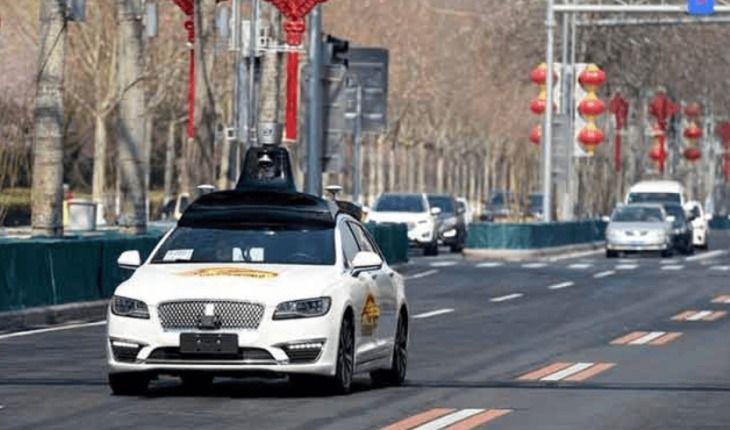“We are going,” is an important part NASA’s motto for its return to the Moon, and to get there, the space agency will need corporate partners. As part of carrying out the private sector integration requirements of White House Space Policy Directive 1, NASA Administrator Jim Bridenstine announced today at 2 pm EST the nine companies the agency has selected to compete for $2.6 billion in contracts to support its Moon to Mars mission. These contracts will be geared to filling the needs of NASA’s Commercial Lunar Payload Services Program over the next ten years of its development.







